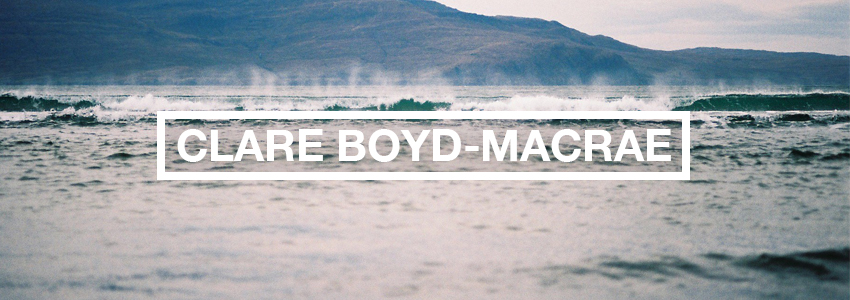Parallel universe
 Sunday, April 10, 2011 at 02:56AM
Sunday, April 10, 2011 at 02:56AM I spent a day in hospital last week. Which reminded me of the parallel universe that exists alongside that of healthy people – that of the sick and those who love and care for them.
I was a nurse for several years in the 80s, in a massive city hospital in the days when nurses still did an apprenticeship style of training rather than going to university. Ever since, when my tram passes those distinctive, ugly, orange brick buildings, I think of the hundreds of people packed inside those walls, cut off by illness and anxiety from the heedless, pulsing world rushing by outside.
How vividly I still remember being in hospital with a gravely sick baby for ten days. How that isolation room became my whole world, how I could barely believe that so-called normal life was buzzing away out there. How difficult I found it coming home again, having to focus on more than one tiny, ailing body.
Because I used to be a nurse, I’m comfortable in hospitals. And of course I’ve been a visitor. But I’ve spent little time in them as a patient. Tonsils and appendix out as a kid; since then one whole, gloriously restful week for each of four babies, in country hospitals where they didn’t turf you out the day after you gave birth. That doesn’t really count though.
In the day ward where I spent a few hours last week, every brochure in the place was about cancer, with pictures of happy, floaty things like dandelions heads on the front.
In the waiting room next to mine were people in Jason recliners, hooked up to intravenous drips, looking as though they belonged there. The cancer patients, I’m guessing, in for their treatment.
My own procedure was a piffling one in the scheme of things, although the whole point was to make sure I wasn’t about to become one of those cancer patients. (I’ve discovered, in the two years since I turned 50, that symptoms doctors happily ignored till now make them look grave and suggest all manner of tests. ‘Hmm, you are at that age now…’ I’ve become used to hearing.)
I wasn’t too anxious about the outcome, but thanks to the fairly brutal preparation for the colonoscopy and gastroscopy, I felt like death warmed up by the time I got to hospital. Two days on pretty much fluids only, and the second day drinking potions that purged me so violently I was left as weak as a kitten, not daring to venture more than a few feet from the toilet. Not even during trips around India, eating at street stalls, have I been so very ill.
Compared to the preparation, the procedure was a piece of cake; floating peacefully off in the not-quite-general anaesthetic they call ‘heavy sedation’. Waking up, knowing it was over and feeling enormously, ridiculously relieved even before the doctor had talked to me. Feeling no longer sick and weak, even though I still hadn’t had anything to eat or drink.
The news was all good – no nasties in there. I hadn’t really expected any, but all week I have experienced a sense of escape, of relief, of intense happiness that I have lived to fight another day. I have enjoyed post-illness euphoria, where it feels just so damn good to be able to eat and drink, to be strong and energetic again.
Most of all, while remembering afresh those inhabitants of the parallel universe, I am grateful to be once again on the outside, able to plan, at least for the immediate future, for a life free of disease.
 Clare |
Clare |  2 Comments |
2 Comments | 